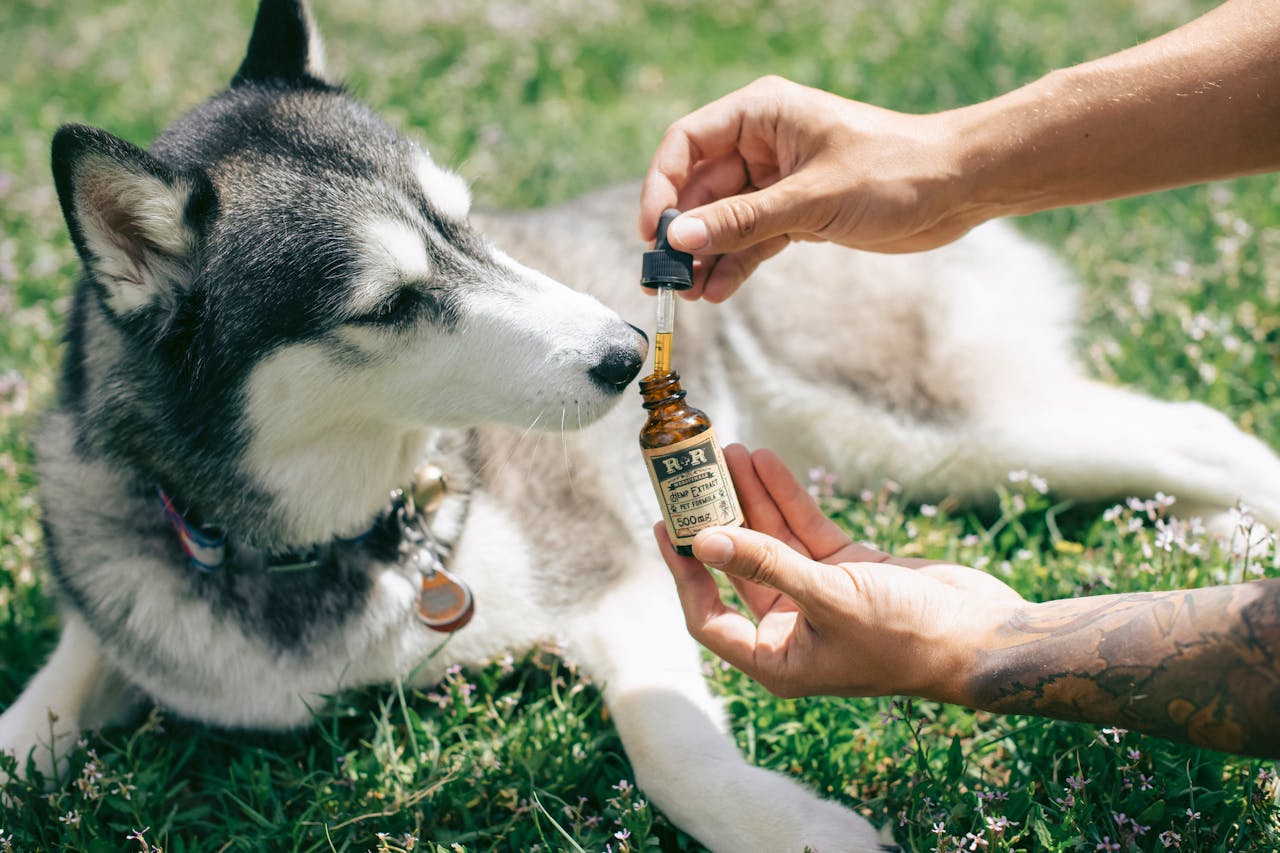As the seasons change, so do your pet’s needs. Whether it’s the warmth of summer or the chill of winter, each season brings unique challenges that require attention to keep your furry friends comfortable and healthy. Here are some seasonal pet care tips to help you care for your pet throughout the year.
1. Prepare for Hot Weather in Summer
Pets are at risk of overheating during the summer months. If you have a pet with a thick coat, like a long-haired dog, consider grooming them to help regulate their body temperature. Always provide plenty of water and shade when outside, and avoid walks during the hottest parts of the day. Make sure to never leave your pet in a hot car, as it can lead to heatstroke in just a few minutes.
2. Protect Against Fleas and Ticks
Summer is flea and tick season. These pests are not only annoying but can carry diseases that affect your pet’s health. Use flea and tick preventatives, as recommended by your vet, and inspect your pet’s coat regularly after outdoor activities. Be sure to check between their paws, under the ears, and along their belly, where pests like to hide.
3. Winter Care for Cold Weather
As temperatures drop, your pet’s winter care needs will change. For outdoor pets, provide a warm shelter with bedding to protect them from the cold. Keep your pet indoors when temperatures are freezing, especially if they are elderly or have short coats. If your dog enjoys walks, consider a dog sweater or coat to keep them warm. Also, wipe their paws after walks to remove harmful salt or ice that may have been used on sidewalks.
4. Keep Your Pet’s Skin and Coat Healthy
The dry air in winter can cause your pet’s skin to become dry and itchy. Use a humidifier in your home to add moisture to the air, and consider applying a pet-safe moisturizer to keep their coat shiny and healthy. Regular grooming during both seasons also helps prevent skin problems and keeps them comfortable.
5. Adjust Exercise Routines
Hot or cold weather might make outdoor exercise uncomfortable or unsafe for your pet. During summer, opt for early morning or evening walks when temperatures are cooler. In winter, reduce the length of walks and keep activities indoors if it’s too cold. Make sure your pet gets enough physical and mental exercise to avoid boredom.




